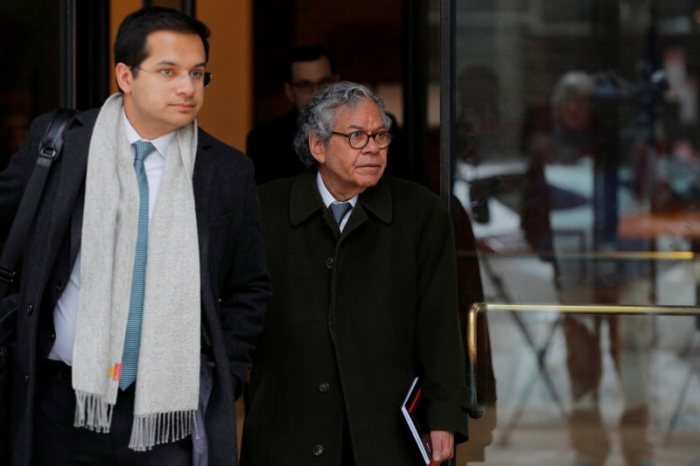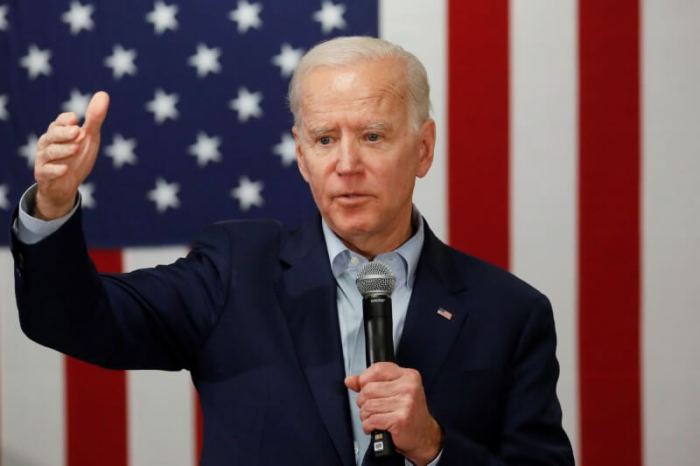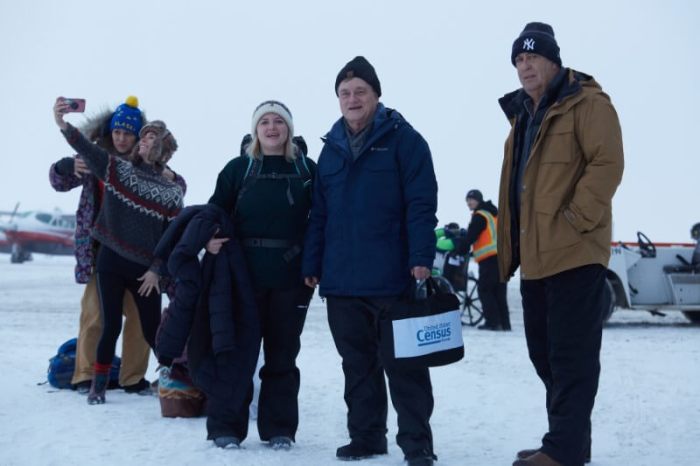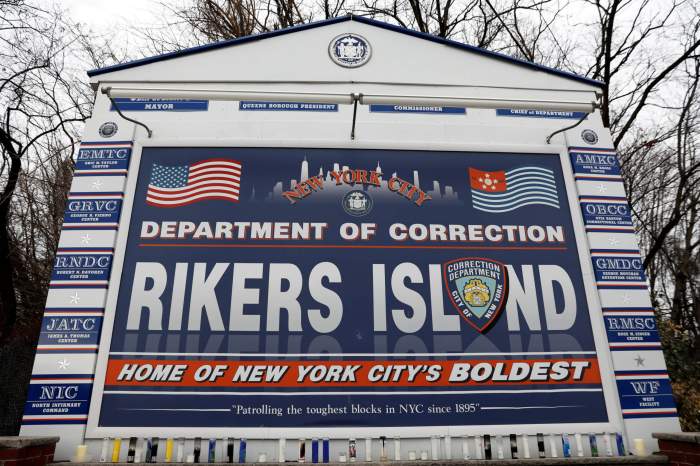By Dominic Evans and Orhan Coskun
OUTSIDE SARAQEB, Syria/ANKARA (Reuters) – Refugees in Turkey headed toward European frontiers on Friday after an official said the borders had been thrown open, a response to the escalating war in Syria where 33 Turkish soldiers were killed by Russian-backed Syrian government troops.
Moscow and Ankara traded blame over Thursday’s strike in northwest Syria, the deadliest attack on Turkish forces in nearly 30 years. The U.N. Security Council held an emergency meeting to try to avert open conflict between Russia and NATO member Turkey.
U.S. President Donald Trump, in a phone call with Turkish President Tayyip Erdogan, condemned the attack and reaffirmed Washington’s support for Ankara’s efforts to avert a humanitarian disaster in Syria, a White House spokesman said.
The two leaders also said Syria and Russia must halt their offensive in northwest Syria, spokesman Judd Deere said.
U.N. Secretary-General Antonio Guterres described it as “one of the most alarming moments” of the nine-year-old Syrian war.
“The most pressing need is an immediate ceasefire before the situation gets entirely out of control,” Guterres told reporters in New York. “In all my contacts with those involved, I have had one simple message: step back from the edge of escalation.”
Turkey’s neighbors Greece and Bulgaria, both European Union member states, vowed not to admit the migrants and reinforced their borders following Ankara’s threat to reopen the frontier. It was closed under an accord between Turkey and the European Union that halted the 2015-16 migration crisis when more than a million people crossed into Europe by foot.
As news of Thursday’s strike emerged, a senior Turkish official told Reuters the government had decided, effective immediately, not to stop Syrian refugees from reaching Europe “by land or sea,” and that police and border guards had been stood down.
“All refugees, including Syrians, are now welcome to cross into the European Union,” said the official, who spoke on condition of anonymity.
Within hours hundreds of migrants, some wearing face masks in an apparent attempt to guard against the coronavirus outbreak sweeping the world, began arriving on the European frontier in the early morning light.
“We heard about it on the television,” said Afghan migrant Sahin Nebizade, 16, in a group packed into taxis on the outskirts of Istanbul.
At the Pazarkule border post with Greece, scores of migrants faced barbed wire fences and smoke grenades. Some stuck in the no-man’s land between the two countries tried to return to the Turkish side, only to be turned back by Turkish authorities.
Hamid Muhammed, who carried a young girl, said he was turned away by Greek police. “We want the Turkish and European governments to open this gate,” he said.
Greece’s prime minister said no unauthorized crossing would be allowed. His Bulgarian counterpart said the prospect of a new migration crisis was even more of a threat as European countries struggle to respond to the coronavirus.
The EU said that Ankara had made no formal announcement of any change in policy at the border.
A MILLION DISPLACED
Inside Syria there was ample evidence of the renewed fighting that has caused perhaps the worst humanitarian crisis of the conflict.
A million civilians have been displaced since December inside Syria near the Turkish border in desperate winter conditions. Turkey, already home to 3.7 million Syrian refugees, says it cannot take more.
Reuters journalists at the front line saw huge clouds of white smoke as government forces struck the town of Saraqeb, an important crossroads captured by rebels this week in a rare push-back against the government’s advance.
Rebel fighters sped down highways in pick-up trucks mounted with artillery. In the provincial capital Idlib, wounded fighters in jeans and camouflage jackets were carried into a clinic.
A U.S. State Department official told reporters that Washington was looking urgently to support Ankara in Idlib with information-sharing and equipment, but that any assistance would not involve military moves by American units.
Syria’s civil war has worsened dramatically in recent months despite largely vanishing from Western countries’ agendas. Government forces, backed by Russian air power, have launched a major assault to capture the northwest, the last remaining territory held by rebels backed by Turkey.
With diplomacy sponsored by Ankara and Moscow in tatters, Turkey has come closer than ever to direct confrontation with Russia on the battlefield.
Turkey’s Erdogan and Russian President Vladimir Putin spoke by phone on Friday. The Kremlin said they agreed on the need for a new arrangement to avert clashes. Turkey said they agreed to meet as soon as possible.
Turkey, long the main ally of rebels battling Syrian President Bashar al-Assad’s forces, has recently sent thousands of troops and military hardware into Idlib.
Thursday’s air strike, which Turkey’s defense minister said occurred despite coordination with Russia, was the worst on Turkey’s military since a 1993 attack by Kurdish separatists.
Turkey and Russia gave opposing accounts to the Security Council of what happened. Russia’s U.N. Ambassador Vassily Nebenzia said Turkish troops shared coordinates with Russia, which were then given to Syrian government forces, to avoid conflict. He said Russian warplanes were not providing support in the area where the Turkish soldiers were killed.
Turkish U.N. Ambassador Feridun Sinirlioglu disputed Nebenzia’s account, saying Turkish troops were alone in the area and that “radar tracks” showed Syrian government and Russian aircraft were flying in formation during the time of the attack.
(Additional reporting by Daren Butler, Ezgi Erkoyun, Ali Kucukgocmen, Can Sezer and Ceyda Caglayan in Istanbul, Tuvan Gumrukcu in Ankara, Anton Kolodyazhnyy, Tom Balmforth and Andrew Osborn in Moscow, and Michelle Nichols in Washington; Writing by Jonathan Spicer, Peter Graff, Gareth Jones and Daniel Wallis; Editing by Timothy Heritage, Mike Collett-White and Howard Goller)
























